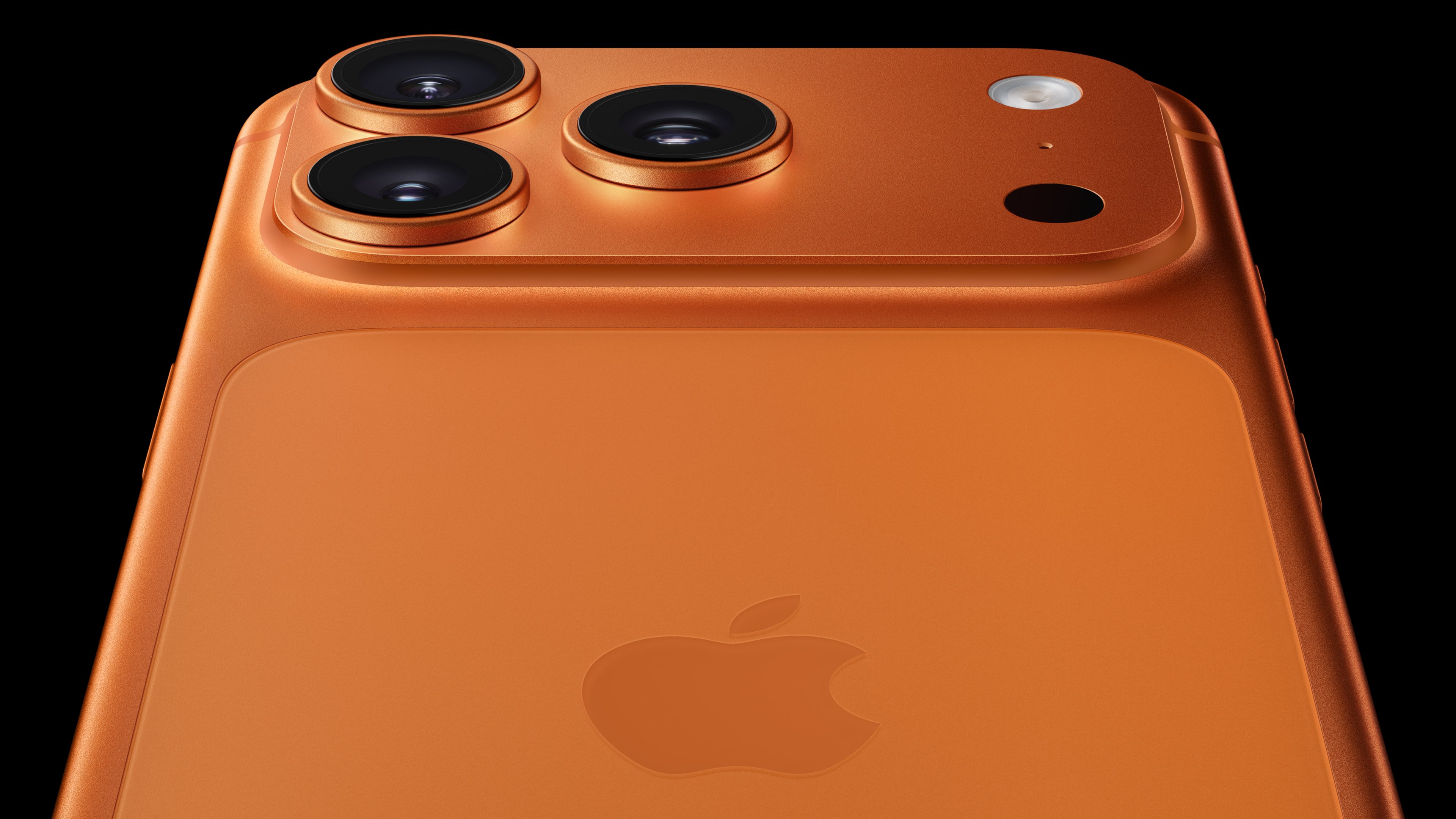
Apple's iPhone 5C. Source: Apple.
It's hard to believe, but when the iPhone launched in 2007 it didn't come with Apple's (AAPL 0.68%) now famous App Store. The company quickly realized the need for one centralized location for the distribution of apps and launched the store a year later.
Even after six years, the App Store is still one of the iPhone's greatest assets and in iOS 8 it's about to get even better.
Time for an upgrade
With 1.2 million apps, Apple's store is busting at the seams. Overall, that's been good for developers and users, but now it's getting hard to find the best apps.
To solve this, iOS 8 will add the following features to the App Store:

App bundling: Let's say a developer makes several organizational apps, like calendar and to-do list applications. That developer can now bundle those apps together so users can easily see all of them in the same category. Aside from increasing exposure, this allows discounts for bundled prices which could translate into more sales for app creators.
Video preview: Apple doesn't get the credit for this one, Android has had video previews of apps for a while. Instead of the standard screenshot, users get a full-screen video of the app at work.
Family sharing: Up to six people can share App Store purchases with each other, as long as they all use the same credit card. This feature is actually extended into iTunes and iBooks purchases as well. Parents will be able to approve children's purchases via a notification on their device.
Trending apps: Instead of relying on old ways of categorizing top apps, Apple is trying to make it easier -- and more legitimate in some cases -- for developers to get their apps in front of users.
TestFlight: Exactly how it sounds, developers can test out versions of their apps in the developer center and also open them up to public beta testing.
So this all sounds pretty cool, but why does it matter?
The real reason Apple updates the App Store
Apple has said that since it's App Store launched six years ago there have been 75 billion app downloads. Last year, iPhone and iPad users spent $10 billion in app purchases in the App Store. Of course Apple only takes 30% of that and the rest goes to the developers.
According to Forrester Research, app sales are expected to reach $100 billion by 2020, industry wide.
But the significance of the App Store isn't necessarily from app sales.
Apple receives more than half of its revenue from iPhone sales, so keeping consumers engaged with the device is extremely important to the company's bottom line. Apple does this well through branding and creating high-end devices with great specifications, but part of the iPhone's draw is also what the phone can do. That's why Apple continually tweaks the App Store, and why the updates for iOS 8 are so important.






